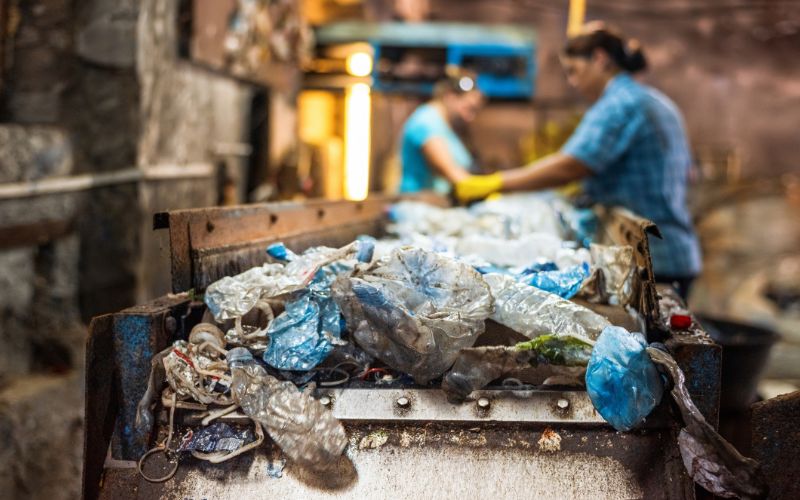Plastic recycling stands at the forefront of modern environmental challenges and economic opportunities. As the world grapples with the consequences of plastic waste, understanding the economics behind its recycling is crucial for sustainable development.
The Problem: The Plastic Predicament
Plastic, ubiquitous in our daily lives, poses significant environmental threats when improperly disposed of. From clogging waterways to harming wildlife, its persistence in ecosystems demands urgent action. Recycling offers a promising solution to mitigate these impacts by diverting plastic from landfills and incinerators.
The Economics Behind Plastic Recycling
- Supply Chain Dynamics: The economics of plastic recycling are heavily influenced by the supply chain. Collection, sorting, and processing of plastic involve multiple stakeholders, each impacting costs and efficiency. Effective coordination among these entities is essential to streamline operations and reduce costs.
- Cost-Effectiveness: Recycling plastic is often more expensive than producing virgin plastic due to complexities in collection, sorting, and processing. Economic viability hinges on factors such as economies of scale, technological advancements, and market demand for recycled products.
- Market Demand: The value of recycled plastic fluctuates with market demand and quality. High-quality recycled plastic can compete with virgin material in certain applications, influencing profitability and investment in recycling infrastructure.
- Environmental Externalities: The economic case for plastic recycling extends beyond immediate financial returns. By reducing landfill use and pollution, recycling mitigates environmental externalities, which can translate into long-term economic benefits through improved public health and ecosystem services.
Challenges and Opportunities
- Technological Innovation: Advances in recycling technologies hold promise for improving efficiency and reducing costs. Innovations like chemical recycling and AI-driven sorting systems are poised to transform the industry, making recycling economically viable on a larger scale.
- Policy and Regulation: Government policies and regulations play a pivotal role in shaping the economics of plastic recycling. Incentives for recycling, extended producer responsibility (EPR) schemes, and bans on single-use plastics influence market dynamics and investment in recycling infrastructure.
- Consumer Behavior: Consumer awareness and behavior impact the demand for recycled products. Education campaigns and incentives can stimulate demand, creating a more robust market for recycled plastics and driving economic growth in the recycling sector.
Conclusion: Towards a Sustainable Future
The economics of plastic recycling are complex but ripe with potential. By addressing challenges through innovation, policy support, and consumer engagement, we can unlock economic opportunities while mitigating environmental harm. Investing in a circular economy where plastics are recycled, reused, and repurposed offers a pathway to sustainable development, benefiting both the economy and the planet.
In conclusion, the economics of plastic recycling underscore a pivotal intersection of environmental stewardship and economic strategy. By embracing these principles, we can forge a path towards a more sustainable future for generations to come.


